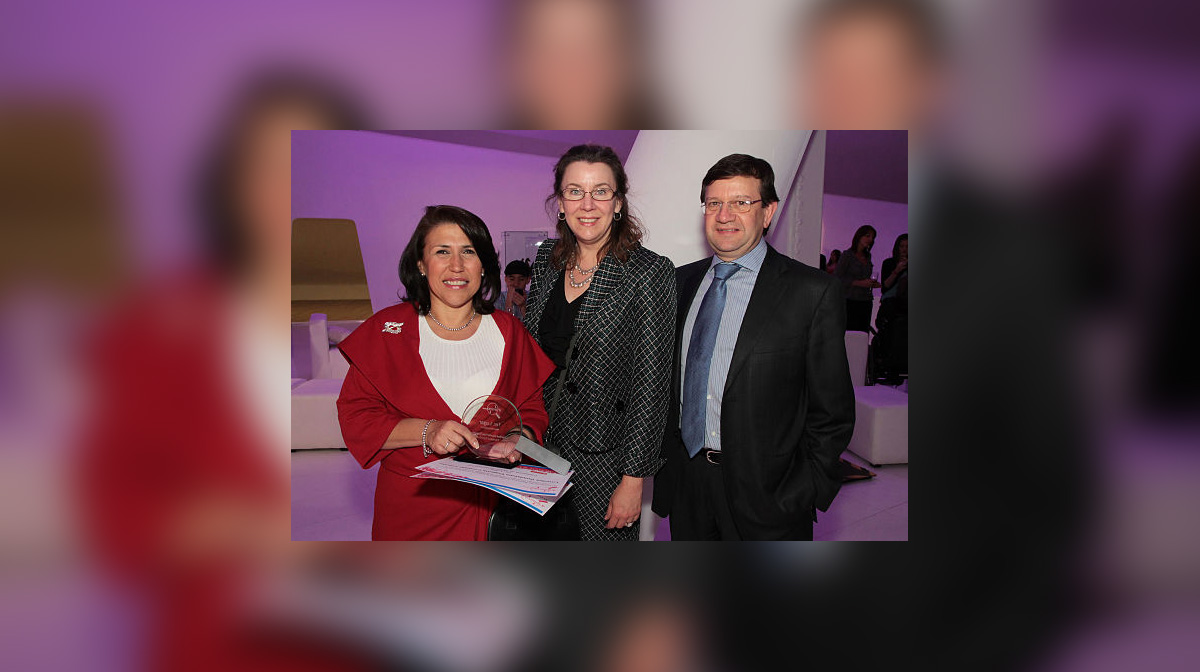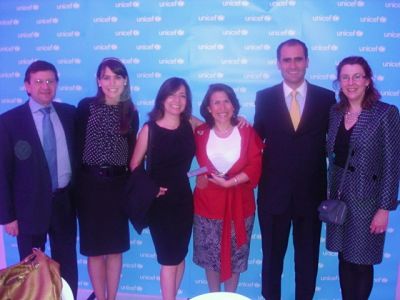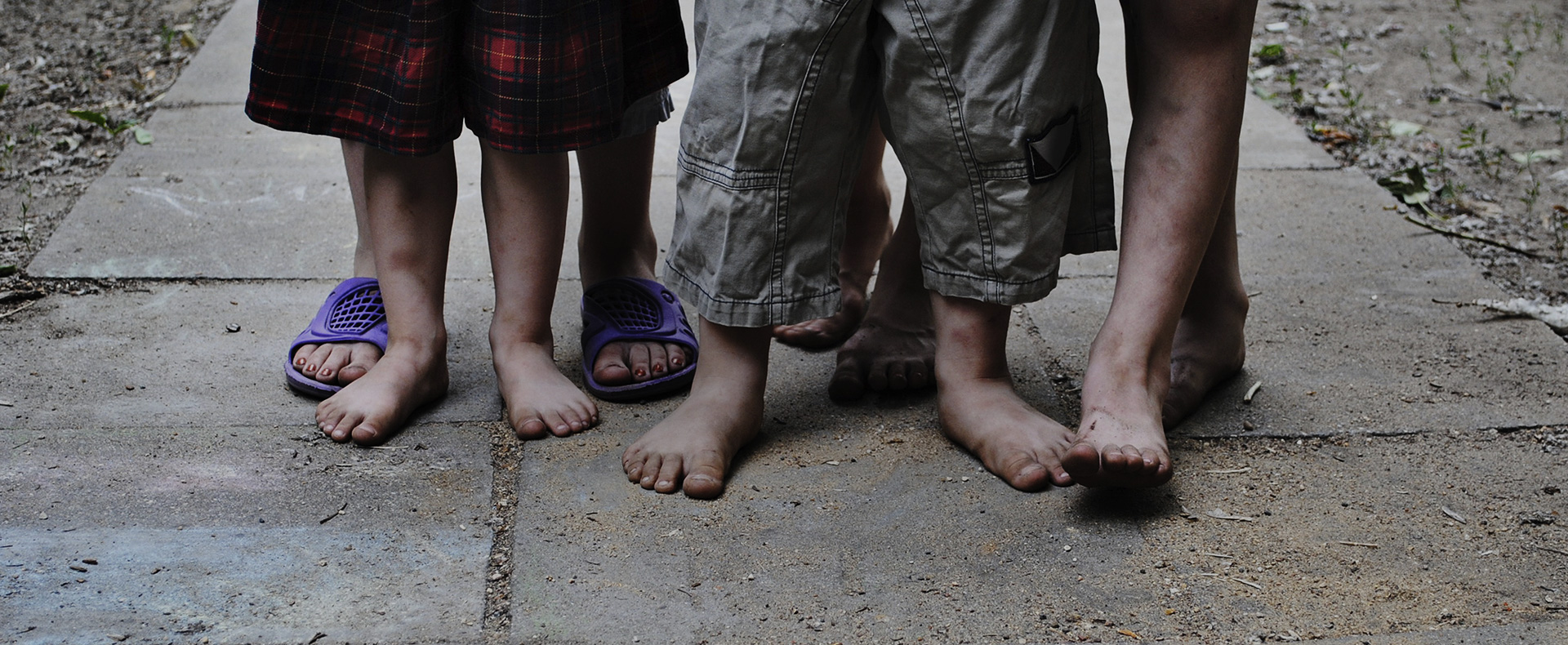Legal Education and UNICEF Mexico Award

Posted on 22 May 2012 by Lisa Dewey
Through Mexico Appleseed, we continue to teach law students in Mexico City about pro bono. In April, Jenny Lloyd (Austin) and Omar Riojas (Seattle) worked with Mexican lawyers to teach students about class actions, and I taught students about pro bono. During this trip I also hosted a lunch for DLA Piper's new office in Mexico City to discuss pro bono and to introduce New Perimeter and its project with Mexico Appleseed. We were delighted that Mexico Appleseed’s Executive Director Maru Cortazar and Francisco Escutia, staff attorney, were able to attend and were accompanied by three Board members: Susan Grisso, Jose Angel Gutierrez (General Counsel & Compliance Officer, Daimler), and Luis Rubio Barnetche (Managing Shareholder of the Mexico City office, Greenberg Traurig).
The timing of my trip allowed me to attend UNICEF Mexico's awards ceremony for major investigations where the Mexico Appleseed/Appleseed project, Children at the Border: The Screening, Protection and Repatriation of Unaccompanied Mexican Minors won first prize! This New Perimeter project aims to protect kids in transit through Mexico to the U.S. from exploitation and abuse, and to ensure fidelity to the US law on anti-trafficking. The project remains a signature effort on the part of three US pro bono partners represented by 32 lawyers: New Perimeter/DLA Piper, Akin Gump, and Mayer Brown.
Children at the Border documents substantial noncompliance with federal law regarding the treatment of Mexican children who are detained after crossing the U.S.-Mexico border when unaccompanied by a parent or guardian. The report also documents the failure of the Mexican government to ensure safe family reunification. As a result, unaccompanied Mexican children who merit protection, both in the U.S. and Mexico, are quickly shuttled back across the border and home without sufficient care, leading many to attempt the dangerous journey yet again. The report also shows that the 2008 federal Trafficking Victim Protection Reauthorization Act (“TVPRA”) intended to prevent human trafficking and exploitation has not been fully implemented or followed. As a result, thousands of children are needlessly exposed to human trafficking by drug cartels and criminal gangs, or repatriated to potentially abusive and dangerous situations without having a reasonable chance to assert their rights to protection. Advocacy on the project continues. Just last week, Mexico’s First Lady requested additional copies of the report.
Approximately 15,000 unaccompanied Mexican minors are apprehended by the U.S. Border patrol each year, and these children will benefit from the better screening we have proposed. A greater number of kids in Mexico are either returned to shelters or are in transit through Mexico without a parent, and they, too, will benefit from our recommendations.

Advocating for Unaccompanied
Children at the Border
